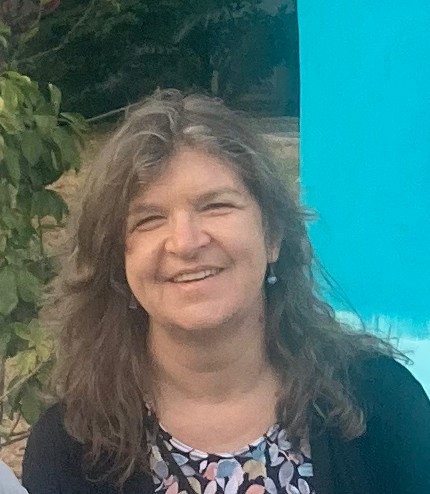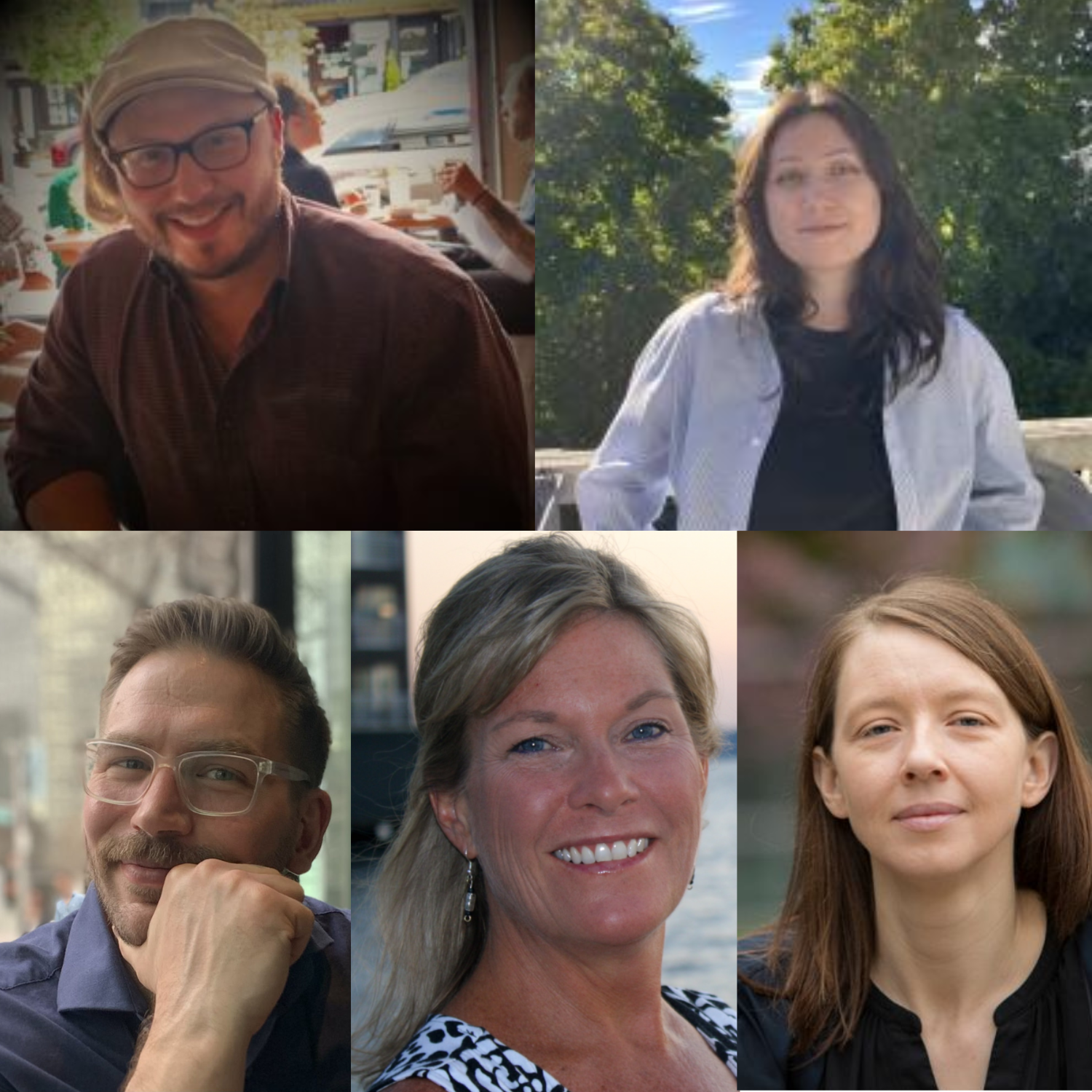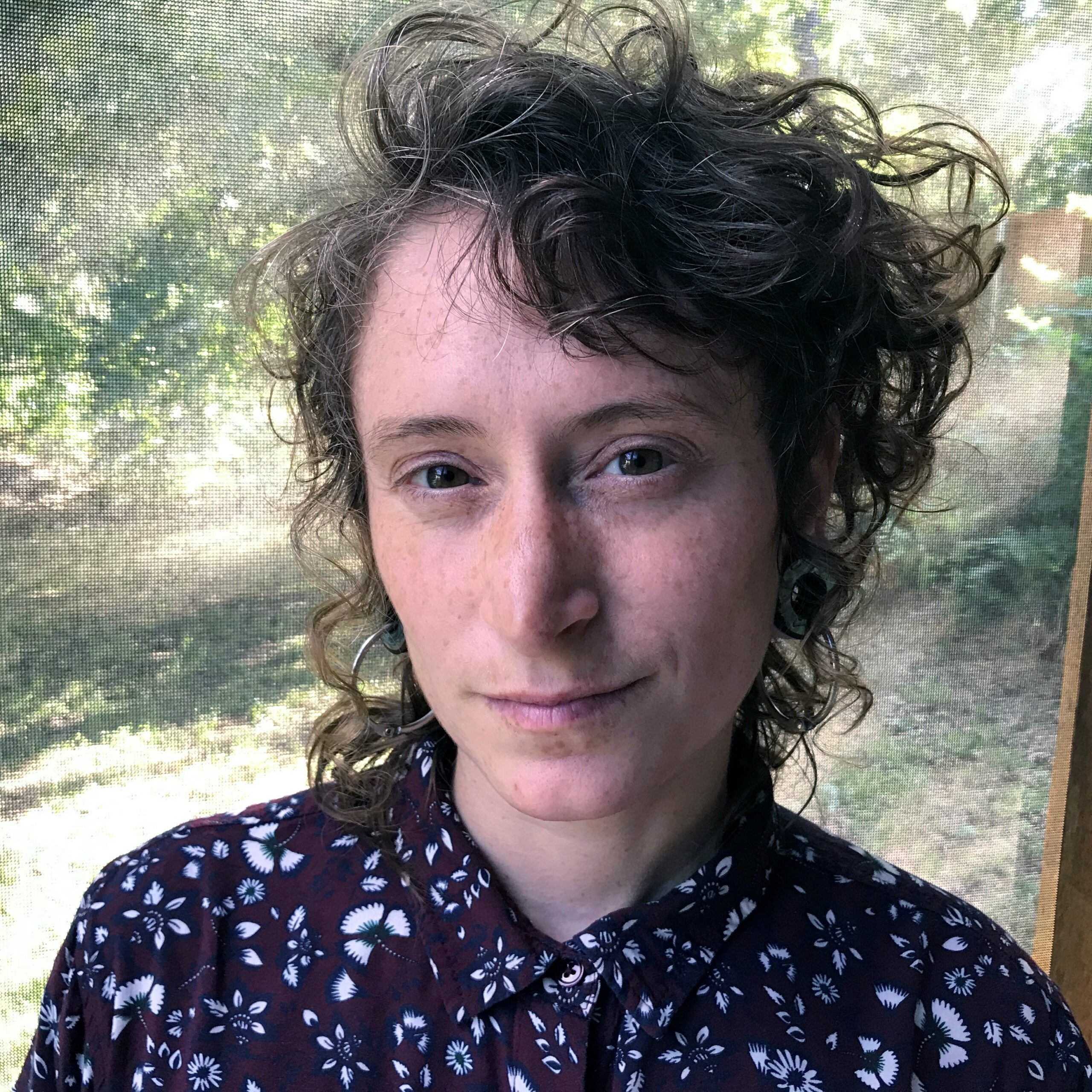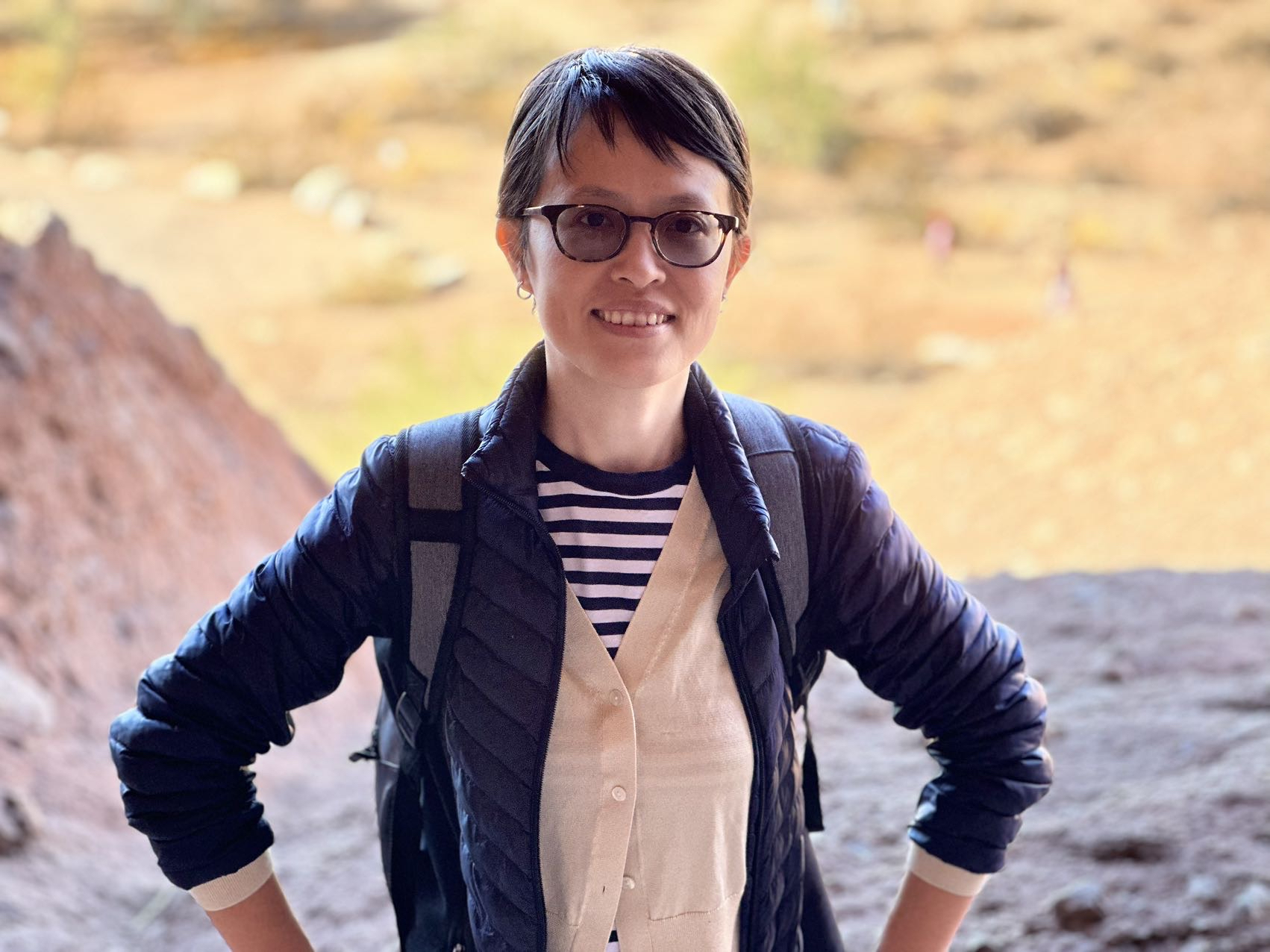With over 100 Research Affiliates from various disciplines under its wing, CSDE proudly supports a broad spectrum of demographic research. Check out some of our scholars’ accomplishments and news coverage below.
CSDE Research Highlights
| CSDE Research Scientist Hana Sevcikova Supports Efforts of the United Nations to Produce Demographic Projections for all Countries of the World | June 26th, 2025 |

For over a decade, the United Nations (UN) Population Division has been publishing demographic projections that are based on methodologies developed at the University of Washington. CSDE Senior Research Scientist Hana Sevcikova, PhD, is the lead collaborator in these efforts, along with CSDE Affiliate Adrian Raftery, Blumstein-Jordan Professor Emeritus of Statistics and Sociology (PI) and Patrick Gerland (United Nations). This work includes methods for probabilistic projections of fertility, mortality and population. |
|
| Casey and Colleagues Publishes New Research in Environmental Epidemiology | June 26th, 2025 |

In recent years, power outages have become more common oftentimes because of extreme weather. Extreme heat, wind, and precipitation have become more frequent and intense because of climate change. This combined with aging electrical grid components that have not been upgraded to withstand severe weather events caused US electrical customers to experience power outages for an average of 8 hours in 2020. This exposes vulnerable people to health risks, for example, those who use electricity-dependent medical equipment. |
|
| Swanson and Co-Authors Publish Research in Population Research and Policy Review | June 26th, 2025 |

David Swanson and colleagues Jeff Tayman and Mike Cline, recently published a research article in Population Research and Policy Review titled, “A New Approach to Probabilistic County Population Forecasting with an Example Application to West Texas.” This paper shows how measures of uncertainty can be applied to existing subnational population forecasts using the 107 counties that make up West Texas as a case study. The measures of forecast uncertainty are relatively easy to calculate and meet several important criteria routinely applied by state and local demographers. |
|
| CSDE Research Scientist June Yang Supports Population Health Initiative Tier III Project – Develops Open Source Software for Data Collection on People Experiencing Homelessness in King County | May 1st, 2025 |

CSDE Research Scientist June Yang, PhD, along with Ihsan Kahveci, PhD candidate in Sociology and CSDE trainee, and CSDE Affiliate Zack W. Almquist, PhD, Associate Professor of Sociology and Statistics (PI), have been leading a project to develop open-source software facilitating the data collection about the unhoused population in King County, WA. This project aims to develop scientific software to support the implementation of a network-based data collection and estimation method (building on Respondent-Driven Sampling) for enumerating unsheltered people in King County. |
|
| Arar Publishes Article on “Humanitarian Fiction” in Refugee Hosting Practices | April 16th, 2025 |

Refugee studies research has typically identified “hosts” as being distinct and opposite from refugees, but recent scholarship has brought this typology into question. In a recent study in the Journal of Humanitarian Affairs, CSDE Affiliate Rawan Arar (Law, Societies, and Justice) critically examines the ‘host’ label within refugee studies by considering multiple scales of analysis. The study shows how individuals confront the refugee/host binary in their daily lives, and introduces the concept of humanitarian fiction to explain the limits of previously used definitions. |
|
| Tram Receives the 2024 CFAR New Investigator Award | April 16th, 2025 |

CSDE Affiliate Khai Hoan Tram (Infectious Disease, UW Medicine) recently won the UW/Fred Hutch Center for AIDS Research’s 2024 CFAR New Investigator Award! The purpose of this award is to encourage early-stage investigators (at a senior stage of training or recently independent) to conduct independent research, acquire preliminary data to use for subsequent grant submissions, publish, receive mentorship, and write one or more grants to obtain funding to continue their HIV research careers. |
|
| Kunkle, Tennyson, Wander, Duncan and Eisenberg Examine Associations between ADHD-associated Allele and Nutrition and Economic Status in Northern Kenyan Rendille Children | April 16th, 2025 |

Around 11% of US children are diagnosed with attention-deficit/hyperactivity disorder (ADHD). A previous study from CSDE Affiliate Dan Eisenberg (Anthropology) showed that the ADHD-associated 7R allele of the gene encoding the D(4) dopamine receptor (DRD4) had a positive effect on the nutritional status of nomadic adult Ariaal men and a negative effect on settled adult men. This suggests that those with ADHD might have environmentally contingent benefits which are more apparent in nomadic contexts. |
|
| Taylor Article Examines Temporalities of Dementia | April 16th, 2025 |

The clock-drawing test is a common tool for assessing cognitive function, that offers an entry point for considering how time itself is experienced in the context of dementia care. In a recent article published in the Journal of the Royal Anthropological Institute entitled “The clock-drawing test: reading temporalities of dementia from clinical chart notes,” CSDE External Affiliate Janelle Taylor (University of Toronto) explores how clinical interactions reflect broader social and historical forces shaping time, |
|
| McElroy and colleagues to host “Mapping Digital Worlds from Below” (5/1/25) | April 16th, 2025 |

On May 1, 2025, CSDE Affiliate Erin McElroy and colleagues are hosting a conference with the Simpson Center for the Humanities on “Political Software: Mapping Digital Worlds From Below”. This conference will focus on software and countermaps primarily designed for political action with social, environmental, and land justice movements. The intent of this conference is to bring together organizers, researchers, educators, and technologists questioning the interdependencies between digital infrastructures, software code, |
|
| Yang to Present at CSSS Seminar on Wednesday | January 9th, 2025 |

Analysis from CSDE Research Scientist June Yang will be featured at the Center for Statistics and the Social Sciences Seminar Series on Wednesday, January 15th at 12:30pm. The presentation, entitled “Gender Divergence in the Values Around Cohabitation in China: A Tale of ‘Two Generations,’” will feature Yang’s analysis of text data from two online discussion questions on a popular Q & A website, Zhihu (zhihu.com). Results show that cohabitation is not perceived as a value-neutral choice by the Zhihu users. |
|